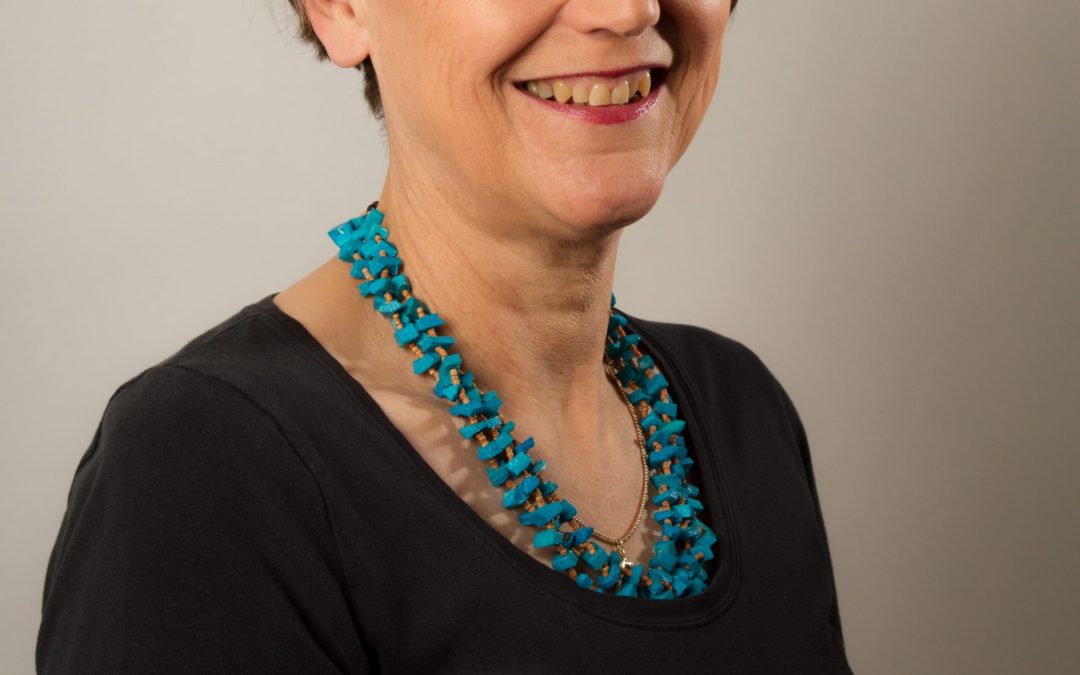The Champion Centre in Christchurch has kindly agreed to provide a regular contribution to CHAT 21 to assist parents of young people with Down Syndrome. In this edition, Dr. Susan Foster-Cohen, Champion Centre Director reviews the guide Are You Worried About Your Child?
Are you worried about your child? A guide to support families of children with complex needs and the professional who care for them (This free guide can be downloaded from: http://www.tacinterconnections.com/images/Guide2-to-Support-Families-of-Children-with-Complex-Needs.pdf)
A group of professionals from the UK, South Africa, Australia, Italy, Canada, and New Zealand, including The Champion Centre’s founder, Dr. Patricia Champion, has compiled this 20-page guide aimed at supporting parents raising children with disabilities to feel less tired and stressed and to enjoy life with their child. Written in an accessible style, it consists of five main sections, each one addressed to both parents and professionals and illustrated with comments from parents about their experiences. The introductory section ends with the following challenge that speaks to the hopes and fears of many parents:
Wouldn’t it be nice…
…if your child received the same welcome to the world as every child?
…if you were seen as the expert on your child by everyone?
…if you felt you were listened to and knew people who share you concerns about your child?
…if you felt cared for and supported by an understanding community?(p.1)
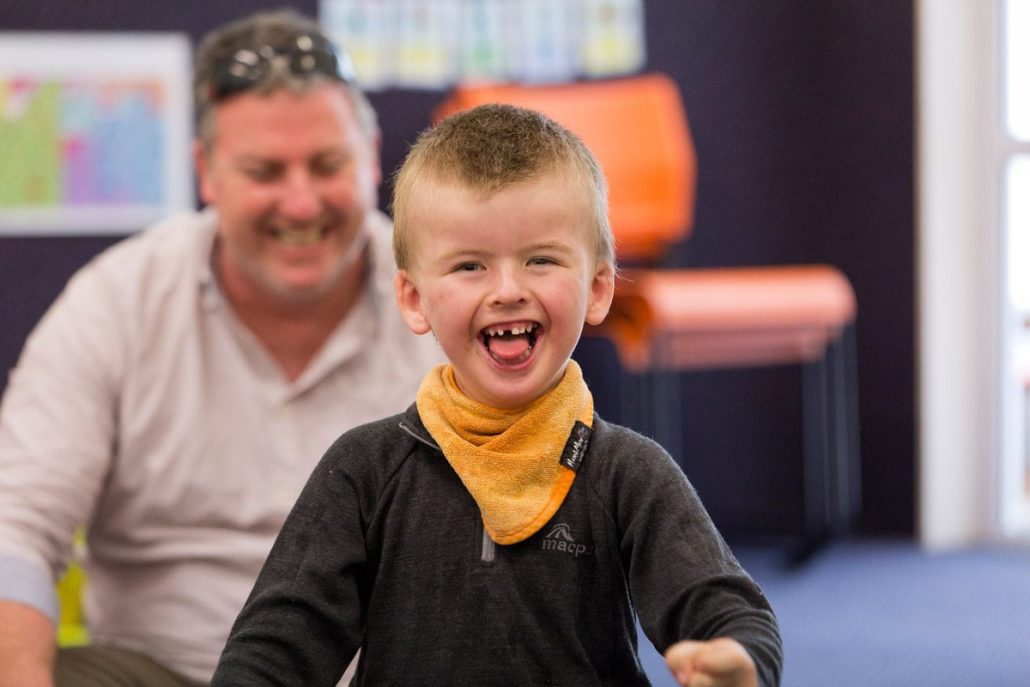 The first of the main sections “Let’s start at the beginning”, explains the guide is “to help you and your family manage everything without getting too stressed and exhausted” as well as “help you create enjoyable moments together with your child every day.”
In other words, it aims to help parents achieve a better quality of life for themselves, their children and their family.
Its call to professionals in this first section is to put their focus on supporting the family to promote the best possible relationship with their child and the wellbeing that it brings.
The first of the main sections “Let’s start at the beginning”, explains the guide is “to help you and your family manage everything without getting too stressed and exhausted” as well as “help you create enjoyable moments together with your child every day.”
In other words, it aims to help parents achieve a better quality of life for themselves, their children and their family.
Its call to professionals in this first section is to put their focus on supporting the family to promote the best possible relationship with their child and the wellbeing that it brings.
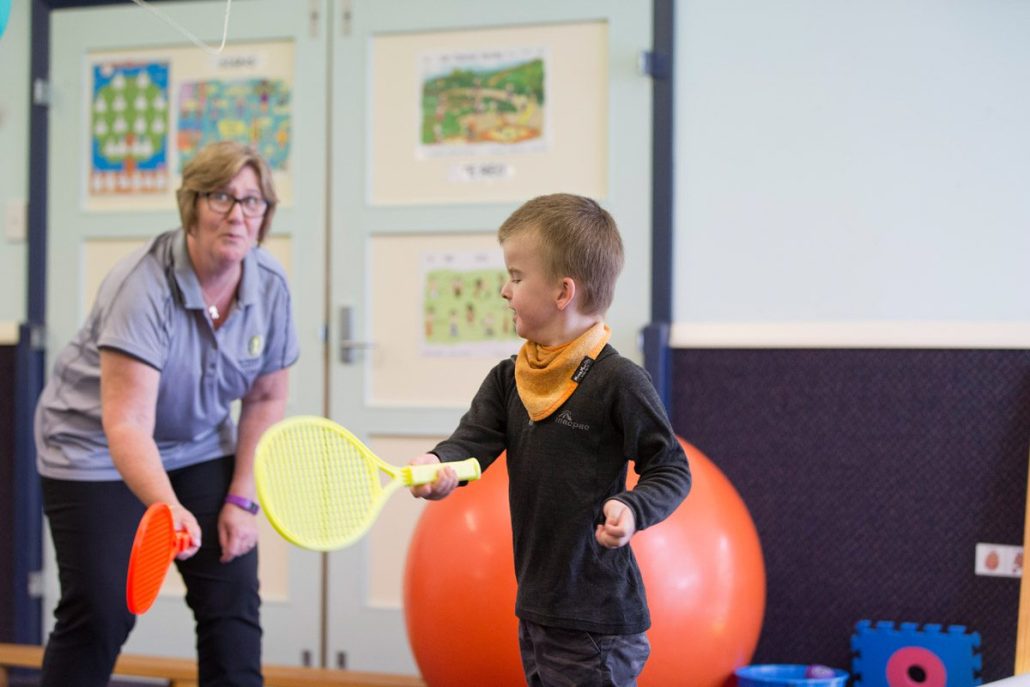 The second section, entitled ‘Respect”, puts the focus on how families cope with the news that their child has an illness or disability and encourages them to celebrate their arrival as they would any other child.
It reminds parents that all children need love, warm responsive predictable care from their parents, safety and fun, even while it acknowledges the sadness many parents feel.
The second section, entitled ‘Respect”, puts the focus on how families cope with the news that their child has an illness or disability and encourages them to celebrate their arrival as they would any other child.
It reminds parents that all children need love, warm responsive predictable care from their parents, safety and fun, even while it acknowledges the sadness many parents feel.
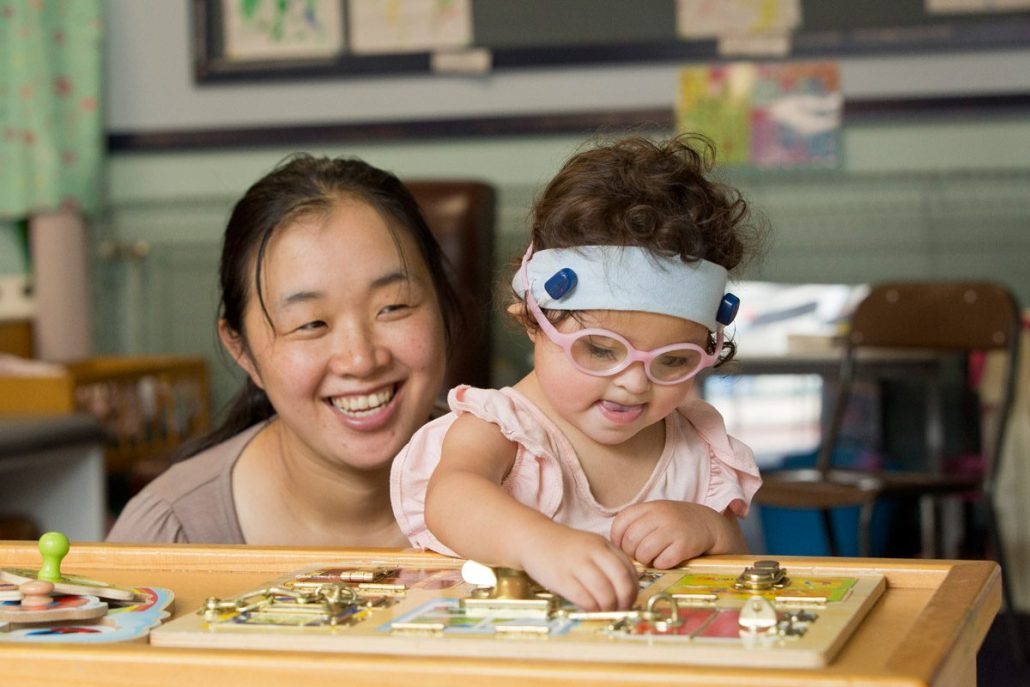 It encourages parents to find those friends, other parents, and sympathetic professionals who can support them.
It then encourages professionals to recognise the multiple sources of stress in parents, to always to ask them about their priorities and to work in partnership to plan a respectful way forward.
It encourages parents to find those friends, other parents, and sympathetic professionals who can support them.
It then encourages professionals to recognise the multiple sources of stress in parents, to always to ask them about their priorities and to work in partnership to plan a respectful way forward.
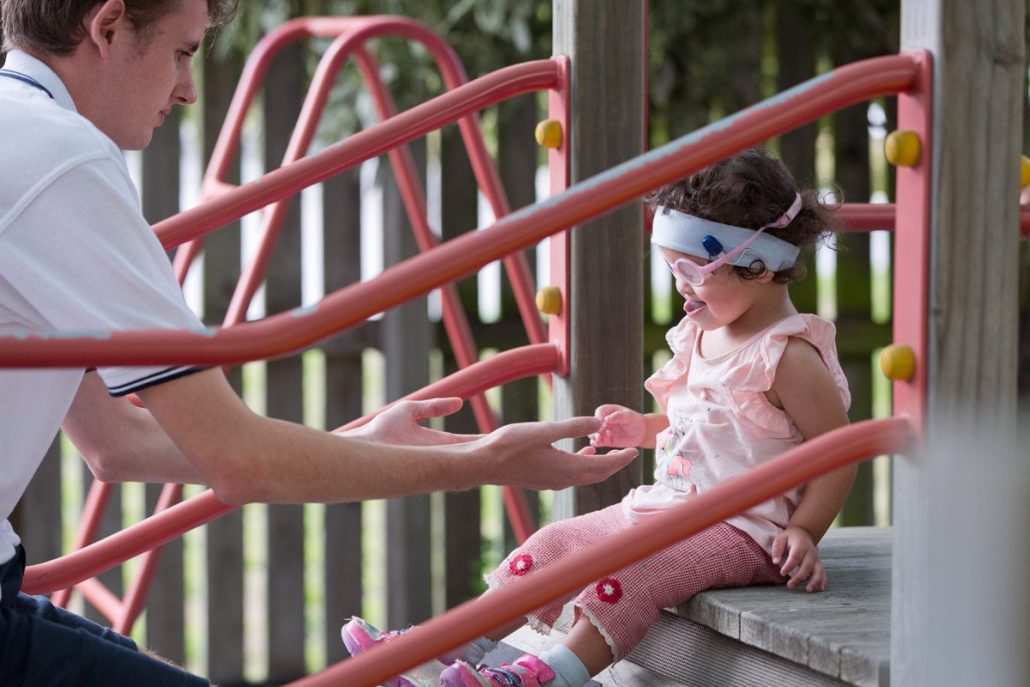 “A quality of life”, the third section, addresses causes of stress in lives made overly busy by multiple appointments, assessments, and interventions.
It asks parents to identify, through a series of questions, where those stresses lie and what might help.
The questions include “If you have been keeping it all to yourself, can you find someone to talk it over with?” “Does your child sleep badly?” “Are you struggling financially?”
The advice to professionals in this section suggests that not all parents will admit to the levels of stress they are under and may need them to open the conversation and listen carefully to what parents are saying.
It also urges them to put the infant’s quality of life at the centre of their thinking and to help parents get a break from caring if that is what they need.
“A quality of life”, the third section, addresses causes of stress in lives made overly busy by multiple appointments, assessments, and interventions.
It asks parents to identify, through a series of questions, where those stresses lie and what might help.
The questions include “If you have been keeping it all to yourself, can you find someone to talk it over with?” “Does your child sleep badly?” “Are you struggling financially?”
The advice to professionals in this section suggests that not all parents will admit to the levels of stress they are under and may need them to open the conversation and listen carefully to what parents are saying.
It also urges them to put the infant’s quality of life at the centre of their thinking and to help parents get a break from caring if that is what they need.
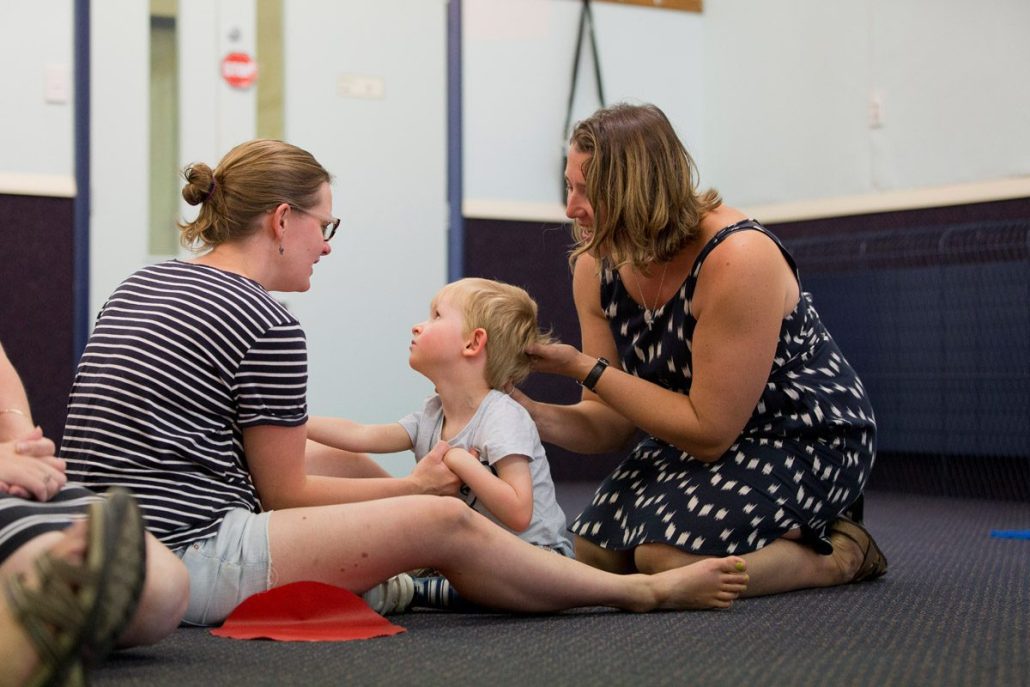 The fourth section, “Keeping it all together”, is about making sure that early intervention is coordinated, integrated and working towards common aims.
It acknowledges that in many cases, parents are left to pull everything together from an often overwhelming number of different appointments and professionals.
It proposes a key worker model or a multi-disciplinary ‘Team Around the Child’ approach that includes parents as team members and can help avoid them having to answer the same questions over and over again, and of getting different and conflicting information in response to their questions.
The fourth section, “Keeping it all together”, is about making sure that early intervention is coordinated, integrated and working towards common aims.
It acknowledges that in many cases, parents are left to pull everything together from an often overwhelming number of different appointments and professionals.
It proposes a key worker model or a multi-disciplinary ‘Team Around the Child’ approach that includes parents as team members and can help avoid them having to answer the same questions over and over again, and of getting different and conflicting information in response to their questions.
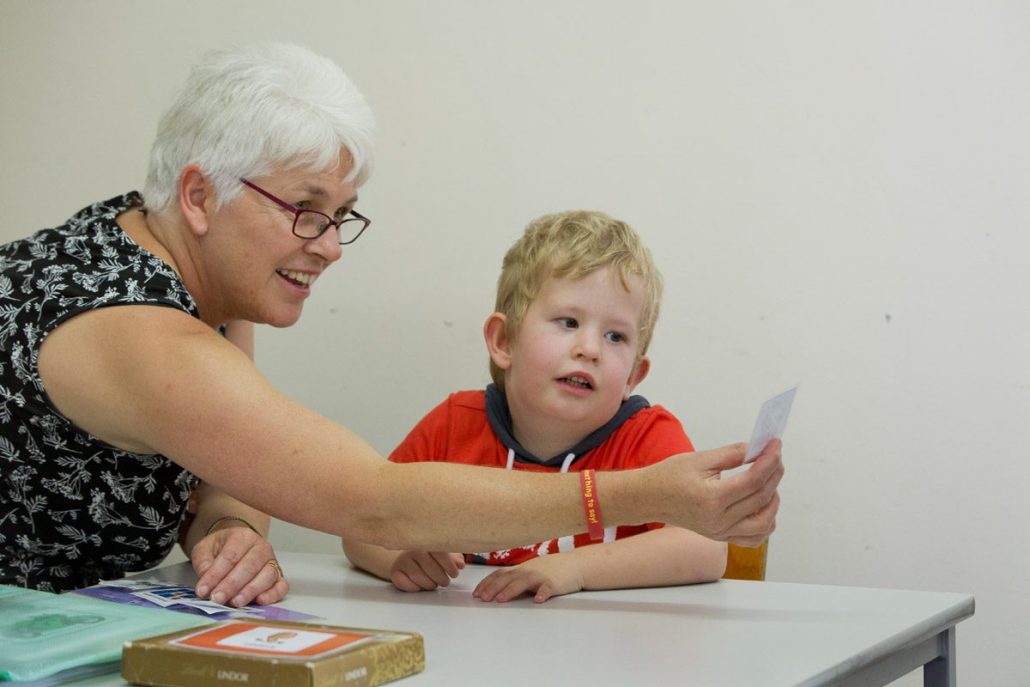 Finally, “Getting the Family Back on Track” is about looking towards the future when parents become more confident in parenting their child and feel in charge of their lives.
It includes the sage advice that “one of the best ways of caring for your child is to look after yourself.”
At the same time professionals are reminded that “Families need to find time and energy to enjoy being together, to develop strength and resilience. Families need to move at their own pace without pressure to conform to other people’s timetables”.
But they are also reminded that “while it is a professional instinct to be positive and upbeat about the child, this can sometimes discourage parents from voicing their anxiety and other negative emotions.”
Throughout, the guide is gentle in tone; asking questions to help parents and professionals solve issues for themselves, rather than telling them what to do.
Together with the honest reflections of parents that appear as margin quotes, this guide will help families to understand and express what they experience, encourage good communication between parents and professionals, and introduce both to practical ideas that can help improve quality of life for child and family.
Finally, “Getting the Family Back on Track” is about looking towards the future when parents become more confident in parenting their child and feel in charge of their lives.
It includes the sage advice that “one of the best ways of caring for your child is to look after yourself.”
At the same time professionals are reminded that “Families need to find time and energy to enjoy being together, to develop strength and resilience. Families need to move at their own pace without pressure to conform to other people’s timetables”.
But they are also reminded that “while it is a professional instinct to be positive and upbeat about the child, this can sometimes discourage parents from voicing their anxiety and other negative emotions.”
Throughout, the guide is gentle in tone; asking questions to help parents and professionals solve issues for themselves, rather than telling them what to do.
Together with the honest reflections of parents that appear as margin quotes, this guide will help families to understand and express what they experience, encourage good communication between parents and professionals, and introduce both to practical ideas that can help improve quality of life for child and family.
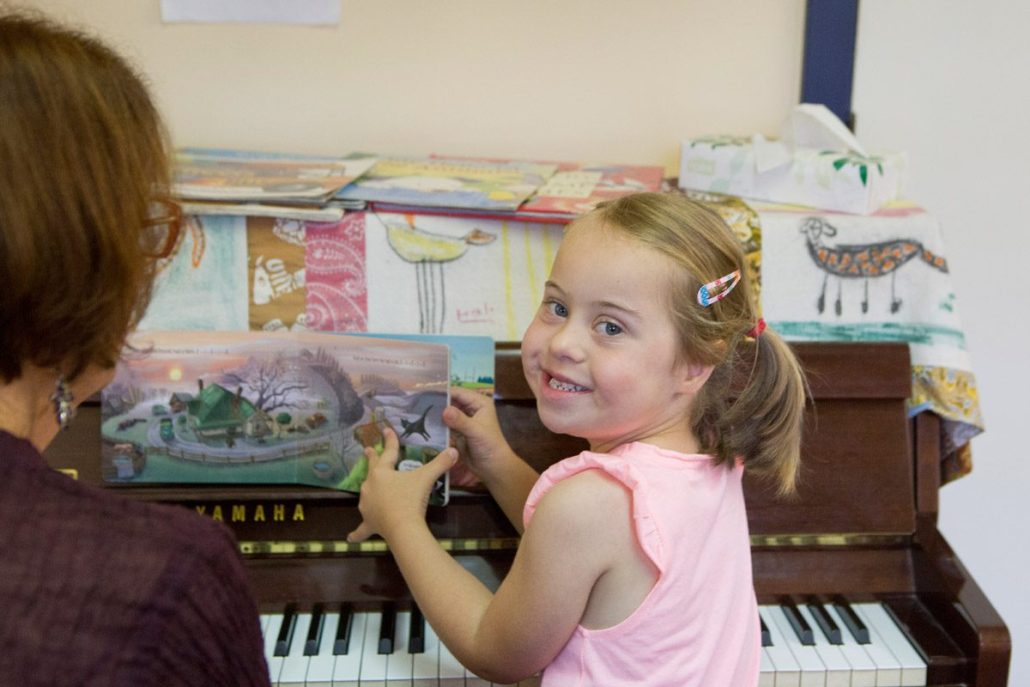 Reviewed by Dr. Susan Foster-Cohen, Champion Centre Director.
Reviewed by Dr. Susan Foster-Cohen, Champion Centre Director.
 The first of the main sections “Let’s start at the beginning”, explains the guide is “to help you and your family manage everything without getting too stressed and exhausted” as well as “help you create enjoyable moments together with your child every day.”
In other words, it aims to help parents achieve a better quality of life for themselves, their children and their family.
Its call to professionals in this first section is to put their focus on supporting the family to promote the best possible relationship with their child and the wellbeing that it brings.
The first of the main sections “Let’s start at the beginning”, explains the guide is “to help you and your family manage everything without getting too stressed and exhausted” as well as “help you create enjoyable moments together with your child every day.”
In other words, it aims to help parents achieve a better quality of life for themselves, their children and their family.
Its call to professionals in this first section is to put their focus on supporting the family to promote the best possible relationship with their child and the wellbeing that it brings.
 The second section, entitled ‘Respect”, puts the focus on how families cope with the news that their child has an illness or disability and encourages them to celebrate their arrival as they would any other child.
It reminds parents that all children need love, warm responsive predictable care from their parents, safety and fun, even while it acknowledges the sadness many parents feel.
The second section, entitled ‘Respect”, puts the focus on how families cope with the news that their child has an illness or disability and encourages them to celebrate their arrival as they would any other child.
It reminds parents that all children need love, warm responsive predictable care from their parents, safety and fun, even while it acknowledges the sadness many parents feel.
 It encourages parents to find those friends, other parents, and sympathetic professionals who can support them.
It then encourages professionals to recognise the multiple sources of stress in parents, to always to ask them about their priorities and to work in partnership to plan a respectful way forward.
It encourages parents to find those friends, other parents, and sympathetic professionals who can support them.
It then encourages professionals to recognise the multiple sources of stress in parents, to always to ask them about their priorities and to work in partnership to plan a respectful way forward.
 “A quality of life”, the third section, addresses causes of stress in lives made overly busy by multiple appointments, assessments, and interventions.
It asks parents to identify, through a series of questions, where those stresses lie and what might help.
The questions include “If you have been keeping it all to yourself, can you find someone to talk it over with?” “Does your child sleep badly?” “Are you struggling financially?”
The advice to professionals in this section suggests that not all parents will admit to the levels of stress they are under and may need them to open the conversation and listen carefully to what parents are saying.
It also urges them to put the infant’s quality of life at the centre of their thinking and to help parents get a break from caring if that is what they need.
“A quality of life”, the third section, addresses causes of stress in lives made overly busy by multiple appointments, assessments, and interventions.
It asks parents to identify, through a series of questions, where those stresses lie and what might help.
The questions include “If you have been keeping it all to yourself, can you find someone to talk it over with?” “Does your child sleep badly?” “Are you struggling financially?”
The advice to professionals in this section suggests that not all parents will admit to the levels of stress they are under and may need them to open the conversation and listen carefully to what parents are saying.
It also urges them to put the infant’s quality of life at the centre of their thinking and to help parents get a break from caring if that is what they need.
 The fourth section, “Keeping it all together”, is about making sure that early intervention is coordinated, integrated and working towards common aims.
It acknowledges that in many cases, parents are left to pull everything together from an often overwhelming number of different appointments and professionals.
It proposes a key worker model or a multi-disciplinary ‘Team Around the Child’ approach that includes parents as team members and can help avoid them having to answer the same questions over and over again, and of getting different and conflicting information in response to their questions.
The fourth section, “Keeping it all together”, is about making sure that early intervention is coordinated, integrated and working towards common aims.
It acknowledges that in many cases, parents are left to pull everything together from an often overwhelming number of different appointments and professionals.
It proposes a key worker model or a multi-disciplinary ‘Team Around the Child’ approach that includes parents as team members and can help avoid them having to answer the same questions over and over again, and of getting different and conflicting information in response to their questions.
 Finally, “Getting the Family Back on Track” is about looking towards the future when parents become more confident in parenting their child and feel in charge of their lives.
It includes the sage advice that “one of the best ways of caring for your child is to look after yourself.”
At the same time professionals are reminded that “Families need to find time and energy to enjoy being together, to develop strength and resilience. Families need to move at their own pace without pressure to conform to other people’s timetables”.
But they are also reminded that “while it is a professional instinct to be positive and upbeat about the child, this can sometimes discourage parents from voicing their anxiety and other negative emotions.”
Throughout, the guide is gentle in tone; asking questions to help parents and professionals solve issues for themselves, rather than telling them what to do.
Together with the honest reflections of parents that appear as margin quotes, this guide will help families to understand and express what they experience, encourage good communication between parents and professionals, and introduce both to practical ideas that can help improve quality of life for child and family.
Finally, “Getting the Family Back on Track” is about looking towards the future when parents become more confident in parenting their child and feel in charge of their lives.
It includes the sage advice that “one of the best ways of caring for your child is to look after yourself.”
At the same time professionals are reminded that “Families need to find time and energy to enjoy being together, to develop strength and resilience. Families need to move at their own pace without pressure to conform to other people’s timetables”.
But they are also reminded that “while it is a professional instinct to be positive and upbeat about the child, this can sometimes discourage parents from voicing their anxiety and other negative emotions.”
Throughout, the guide is gentle in tone; asking questions to help parents and professionals solve issues for themselves, rather than telling them what to do.
Together with the honest reflections of parents that appear as margin quotes, this guide will help families to understand and express what they experience, encourage good communication between parents and professionals, and introduce both to practical ideas that can help improve quality of life for child and family.
 Reviewed by Dr. Susan Foster-Cohen, Champion Centre Director.
Reviewed by Dr. Susan Foster-Cohen, Champion Centre Director.

